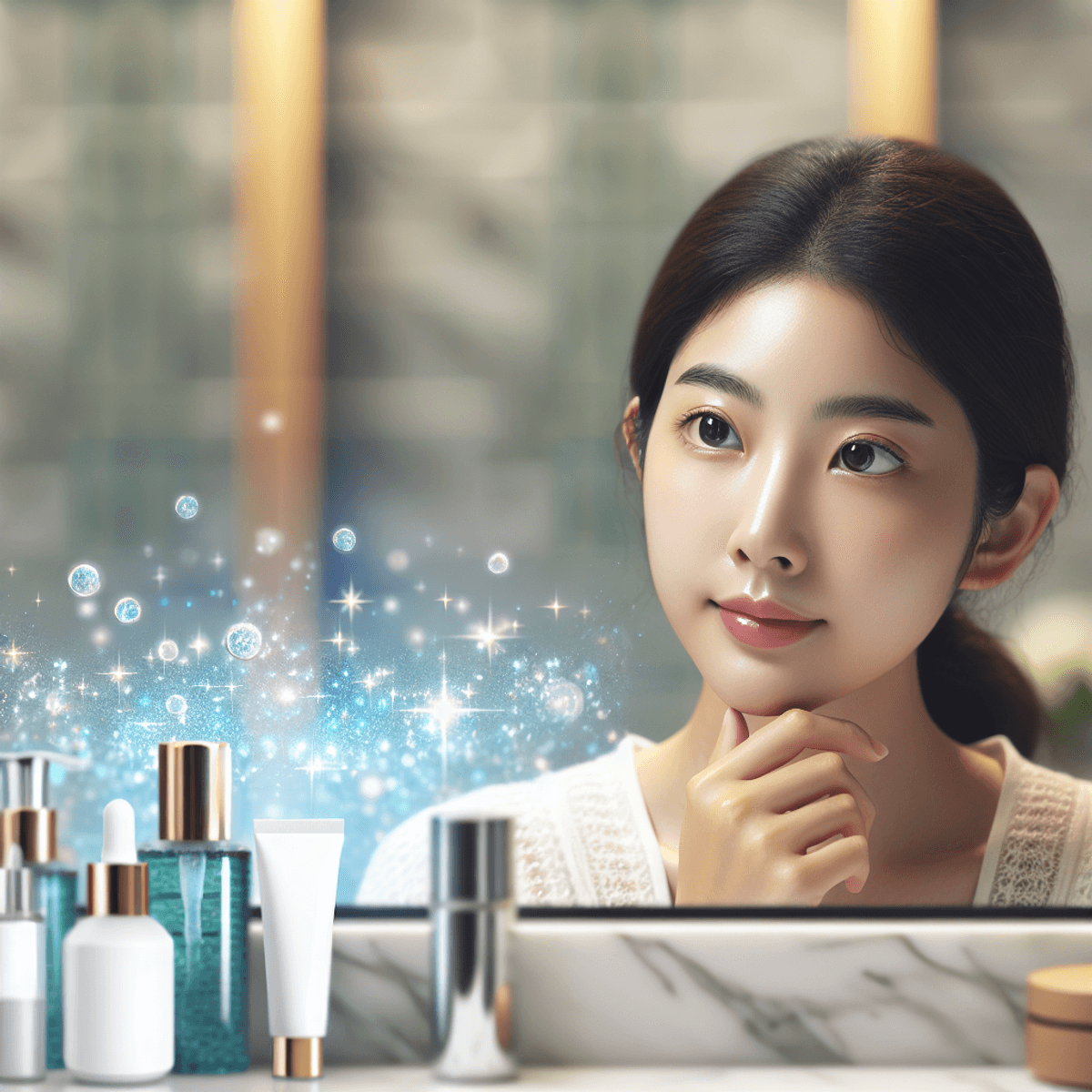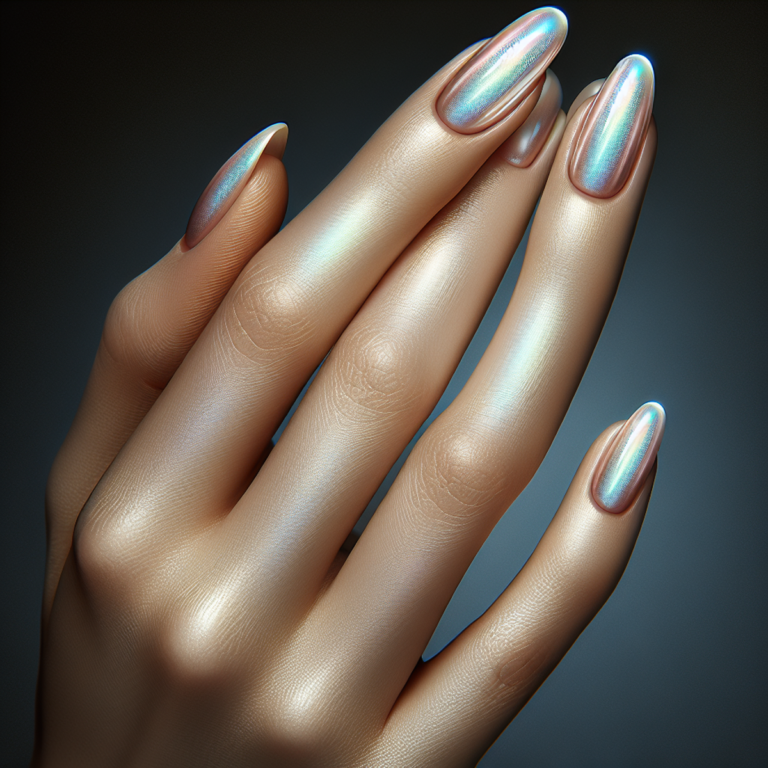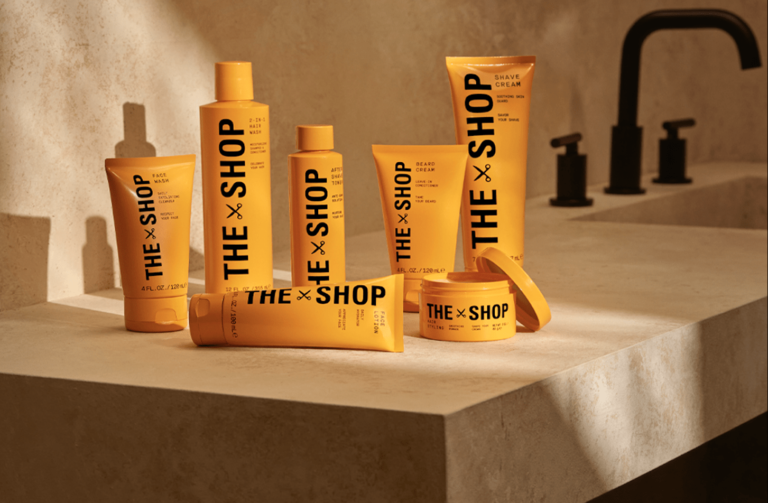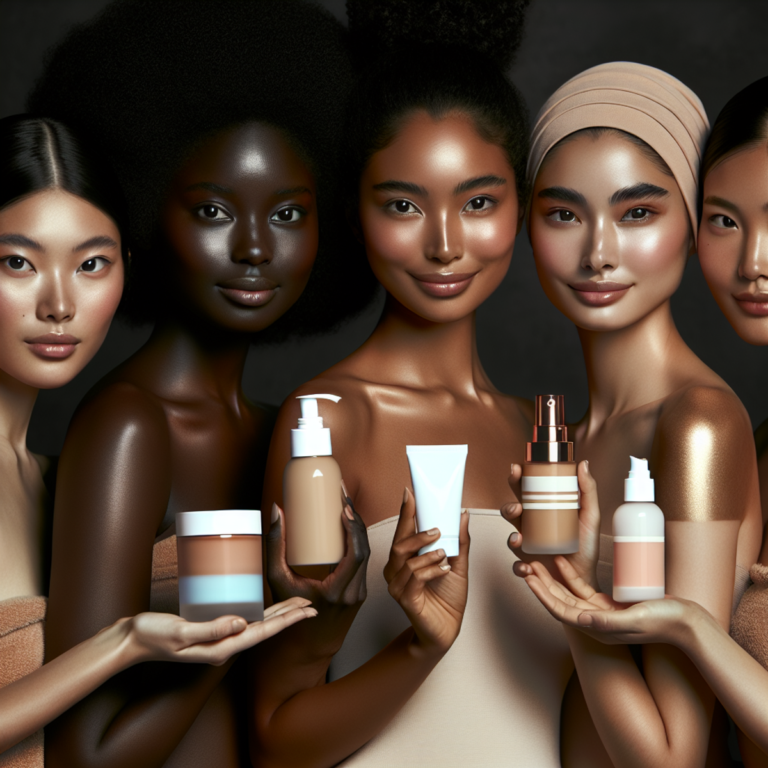How to Stop or Cure Pimples

Understanding Pimples and Their Causes
Pimples are a common skin issue characterized by small, inflamed spots on the skin. They occur when hair follicles become clogged with dead skin cells, oil, and bacteria. Understanding the types of pimples can help you identify effective treatments:
- Whiteheads: Closed clogged pores that appear as small white bumps.
- Blackheads: Open clogged pores that appear dark due to oxidation.
- Cystic Acne: Painful, deep cysts that can lead to scarring.
Common Causes of Pimples
Pimples are primarily caused by factors such as:
- Clogged Pores: The accumulation of dead skin cells and excess oil can block hair follicles, leading to breakouts.
- Hormonal Changes: Fluctuations in hormones during key life stages, such as:
- Puberty: Increased androgen levels trigger oil production.
- Pregnancy: Hormonal shifts can lead to increased acne susceptibility.
- Menopause: Changes in hormone levels may also contribute to breakouts.
Contribution of Bacteria
Bacteria on the skin play a significant role in pimple formation. Propionibacterium acnes, a type of bacteria naturally found on the skin, can multiply in clogged pores, leading to inflammation and pus-filled lesions.
Understanding these aspects is crucial for anyone looking to answer the question of how to stop or cure pimples. Recognizing the underlying causes provides a foundation for choosing appropriate treatment options. If you’re asking yourself how do you get rid of pimples or how to remove pimples overnight, focusing on these factors is essential for effective management.
Effective Skin Care Routine for Acne-Prone Skin
A proper skin care routine is essential in preventing and treating pimples effectively. Consistency plays a crucial role in maintaining clear skin and combating acne. Here are key components to include in your daily regimen:
1. Cleansing Routine
- Wash your face twice daily with warm water and a mild cleanser. This helps remove excess oil, dirt, and impurities that contribute to clogged pores.
- Look for cleansers labeled as non-comedogenic, which means they are formulated not to clog pores.
2. Gentle Handling
- Avoid using harsh scrubbing techniques during cleansing. Over-scrubbing can irritate the skin, leading to more breakouts and inflammation.
- Instead, use your fingertips to apply the cleanser gently. Focus on areas prone to oiliness but avoid excessive pressure.
3. Moisturizing
- Selecting the right moisturizer is crucial. Opt for non-comedogenic products that hydrate without causing blockages in the pores.
- Lightweight gel-based moisturizers can be particularly beneficial for acne-prone skin as they provide moisture without adding excess oil.
In addition to these steps, consider incorporating other natural methods into your routine. Ingredients like aloe vera or tea tree oil can help soothe inflammation and reduce bacteria on the skin. Understanding how to get rid of pimples on face requires a dedicated approach that encompasses both cleansing and moisturizing.
Implementing this cleansing routine for acne-prone skin will help you create a solid foundation for clearer skin while minimizing breakouts. Regularly assessing your products and methods ensures that your routine remains effective as your skin evolves over time.
Over-the-Counter Treatments That Work Against Acne
When it comes to managing acne, over-the-counter (OTC) treatments can provide effective relief. These products are readily available and can help reduce the severity and frequency of breakouts.
Key Active Ingredients
1. Benzoyl Peroxide
Benzoyl peroxide is a powerful ingredient that works by killing bacteria that contribute to acne formation. It helps to reduce inflammation and redness associated with pimples. Benzoyl peroxide is available in various concentrations, allowing you to choose a strength that suits your skin type.
2. Salicylic Acid
Salicylic acid is an excellent choice for exfoliating dead skin cells and unclogging pores. It penetrates the skin to help dissolve the debris that can lead to breakouts. Regular use of salicylic acid can prevent new pimples from forming while promoting smoother skin.
Additional Considerations
When selecting OTC acne treatments, consider these tips:
- Start with lower concentrations if you have sensitive skin. Gradually increase as your skin adapts.
- Always perform a patch test before applying a new product to your entire face.
- Combine treatments with a suitable skincare routine for optimal results.
Incorporating these active ingredients can significantly impact your journey toward clearer skin. Understanding how they work empowers you to make informed decisions tailored to your specific needs.
Makeup Tips to Consider During Breakouts
When dealing with breakouts, makeup choices can significantly impact your skin’s condition. Here are essential makeup tips for acne-prone skin:
1. Avoid Heavy Makeup
Steer clear of thick foundations and powders that can clog pores and worsen acne. Heavy formulations may trap oil and bacteria on the skin, leading to further irritation and more breakouts.
2. Opt for Lightweight Formulas
Choose lightweight, breathable makeup products that allow your skin to breathe. Tinted moisturizers or BB creams can provide coverage without suffocating the skin.
3. Focus on Oil-Free Products
Selecting oil-free and non-comedogenic makeup is crucial. These products are specifically designed not to clog pores, reducing the likelihood of new pimples forming.
4. Use Mineral Makeup
Mineral-based formulas often contain fewer irritants compared to traditional makeup. They can be beneficial for sensitive or acne-prone skin while providing coverage.
5. Prioritize Hygiene
Ensure all makeup brushes and sponges are clean before application. Dirty tools harbor bacteria that can lead to increased breakouts.
6. Remove Makeup Thoroughly
Always remove makeup before going to bed. Use gentle cleansers that effectively wash away all residues without irritating the skin.
Incorporating these tips into your routine may help in how to get rid of breakouts while still enjoying makeup during challenging skin days. Adopting a mindful approach towards product selection and application can make a significant difference in managing acne while maintaining a polished appearance.
Hair Care Practices That Won’t Aggravate Acne
Pimples can be influenced not just by facial products but also by hair care routines. Understanding the connection between hair products and acne outbreaks is essential for those seeking to stop or cure pimples. Here are some key practices to consider:
1. Avoid Oily Hair Products
Many hair products, such as pomades, oils, and heavy gels, contain ingredients that can block facial pores. When these products come into contact with the skin, they may contribute to clogged pores and exacerbate acne. Opt for lightweight, oil-free alternatives that provide hold without adding excess grease.
2. Keep Hair Clean
Regular washing helps remove dirt, excess oil, and product buildup from the hair. Aim to wash your hair every other day or as needed based on your hair type. This practice not only keeps your hair looking fresh but also minimizes the risk of transferring oils and residues to your face.
3. Style Hair Away from the Face
Keeping your hair pulled back can significantly reduce irritation on the skin. Styles such as ponytails, buns, or braids help prevent hair from constantly brushing against your face. This simple adjustment limits potential friction and contact with oily strands.
Incorporating these practices into your hair care routine for acne-prone skin promotes overall skin health. By being mindful of the products you use and how you style your hair, you can take proactive steps in managing breakouts while maintaining beautiful locks.
The Role of Sun Protection in Managing Pimples
Sun exposure can worsen acne conditions, leading to increased inflammation and potential scarring. UV rays may also trigger excess oil production, contributing to clogged pores. This cycle makes sun protection for acne-prone skin crucial for maintaining clear skin.
Recommendations for Sun Protection
- Broad-Spectrum Sunscreen: Choose a broad-spectrum sunscreen that protects against both UVA and UVB rays. This helps prevent skin damage and supports healing.
- SPF 30 or Higher: Opt for products with an SPF of 30 or higher. This level of protection is generally recommended for effective defense against harmful sun rays.
- Non-Comedogenic Formulations: Look for sunscreens labeled as non-comedogenic. These products are designed not to clog pores, minimizing the risk of breakouts.
- Daily Application: Apply sunscreen daily, even on cloudy days or when indoors, as UV rays can penetrate through windows. Reapply every two hours when exposed to direct sunlight.
- Physical vs. Chemical Sunscreens: Consider using physical (mineral) sunscreens containing zinc oxide or titanium dioxide. These ingredients sit on top of the skin and provide a barrier against the sun without irritating sensitive skin. Alternatively, you could explore chemical sunscreens, which absorb UV radiation but may cause irritation for some individuals.
Protecting your skin from the sun is an essential component of managing acne effectively. By integrating proper sun protection into your daily routine, you can help mitigate the adverse effects of sun exposure while promoting clearer skin.
Lifestyle Factors That Impact Pimple Control
Maintaining clear skin involves more than just topical treatments. Your diet and stress levels play significant roles in managing acne.
Diet and Acne Connection
- Nutritional Choices: Consuming a diet rich in fresh fruits and vegetables can promote skin health. These foods provide essential vitamins, antioxidants, and minerals that help combat inflammation and support skin regeneration.
- Quality Over Quantity: Limiting the intake of greasy or junk food is crucial for healthier skin. High sugar and fat content in these foods can lead to increased oil production in the skin, subsequently clogging pores and triggering breakouts.
- Hydration: Drinking plenty of water supports your body’s natural detoxification process, aiding in flushing out toxins that may exacerbate acne.
Stress Management Techniques for Clearer Skin
Stress is a known contributor to acne severity. Understanding how stress affects your skin can help you take proactive measures.
- Hormonal Fluctuations: When stressed, your body produces more cortisol, which can stimulate oil glands leading to increased acne flare-ups.
- Effective Strategies:
- Regular Exercise: Physical activity helps reduce stress levels by releasing endorphins, promoting a sense of well-being. Activities like yoga or jogging can be particularly beneficial.
- Mindfulness Practices: Techniques such as meditation or deep-breathing exercises can help lower anxiety, leading to better overall skin health.
- Adequate Sleep: Prioritizing sleep allows your body time to recover and regulate hormones effectively, contributing to clearer skin. This is why it’s important to understand the relationship between diet, exercise, and sleep for overall health benefits.
By making mindful dietary choices and implementing effective stress management techniques, you can significantly impact pimple control and improve your overall complexion.
When to Seek Professional Help With Persistent Acne?
Persistent acne can be frustrating and may require a dermatologist consultation for severe acne cases. Recognizing when to seek professional help is crucial for effective treatment.
Signs That Indicate the Need for Professional Help
- Severe Breakouts: If you experience frequent or painful breakouts that do not respond to over-the-counter treatments.
- Scarring: Noticeable scarring or skin changes resulting from acne can indicate the need for specialized care.
- Inflammation: Consistent redness, swelling, or tenderness around pimples suggests an underlying issue requiring medical attention.
- Impact on Daily Life: If acne significantly affects your self-esteem, mental health, or daily activities, consulting a dermatologist is advisable.
Overview of Potential Prescription Treatments
Dermatologists can offer various prescription treatments tailored to your specific needs:
- Topical Retinoids: These vitamin A derivatives help unclog pores and reduce inflammation.
- Antibiotics: Oral or topical antibiotics can help control bacterial growth and reduce inflammation.
- Hormonal Treatments: For women, hormonal therapies like birth control pills may regulate hormones that trigger acne.
- Isotretinoin: This powerful medication is reserved for severe cystic acne that has not responded to other treatments. It requires careful monitoring due to potential side effects.
Professional guidance from a dermatologist can provide personalized solutions and prevent further skin damage. Emphasizing early intervention often leads to better outcomes in managing persistent acne.
Quick Remedies You Can Try to Reduce Pimples Overnight!
If you need immediate relief from pimples, several overnight pimple remedies can help reduce their size and appearance quickly. These methods are simple, effective, and can be done at home. Here are some popular options:
1. Applying Ice
- Wrap ice cubes in a clean cloth.
- Place it directly on the pimple for about 5-10 minutes.
- This helps to constrict blood vessels, reducing swelling and redness.
2. Crushed Aspirin Paste
- Crush a regular aspirin tablet and mix it with a few drops of water to form a paste.
- Apply this paste directly onto the pimple.
- Aspirin contains salicylic acid, which can help diminish redness and inflammation.
3. Cortisone Injections
- For larger cystic pimples, cortisone injections provided by a dermatologist can be highly effective.
- These injections reduce inflammation significantly within hours.
- If you have an important event or occasion, consider this option for rapid results.
4. Tea Tree Oil
- Known for its antibacterial properties, tea tree oil can be applied lightly with a cotton swab.
- Dilute with carrier oil if you have sensitive skin to avoid irritation.
5. Honey and Cinnamon Mask
- Mix honey and cinnamon into a paste and apply it to affected areas.
- Leave it on overnight. Both ingredients have anti-inflammatory and antibacterial properties.
These quick remedies offer effective solutions for those wondering how to get rid of pimples overnight. While these methods can provide temporary relief, remember that consistent skincare is essential for long-term control of acne. Always patch test new treatments to avoid adverse reactions. Implementing these strategies alongside your regular skincare routine can help manage breakouts more effectively.
FAQs (Frequently Asked Questions)
What are the common causes of pimples?
Common causes of pimples include clogged pores due to dead skin cells and excess oil, hormonal changes during puberty, pregnancy, and menopause, as well as the presence of bacteria on the skin that can contribute to pimple formation.
How can I effectively care for acne-prone skin?
A consistent skin care routine is vital for preventing and treating pimples. It is recommended to wash your face twice daily with warm water and a mild cleanser, avoid harsh scrubbing techniques that irritate the skin, and use non-comedogenic moisturizers to maintain hydration without clogging pores.
What over-the-counter treatments are effective for acne?
Effective over-the-counter treatments include Benzoyl peroxide, which kills bacteria and reduces inflammation, and Salicylic acid, which helps exfoliate dead skin cells and unclog pores.
What makeup tips should I consider during breakouts?
During breakouts, it is advisable to avoid heavy makeup like foundation and powder that may exacerbate acne. Instead, choose oil-free and non-comedogenic products to minimize irritation.
How do hair care practices affect acne?
Hair care practices can impact acne outbreaks. It is important to avoid oily hair products that can block facial pores and keep hair clean and styled away from the face to reduce irritation.
When should I seek professional help for persistent acne?
You should consider seeking professional help if you experience persistent acne that does not improve with over-the-counter treatments. Signs indicating the need for a dermatologist consultation include severe acne cases or when you require prescription treatments.










